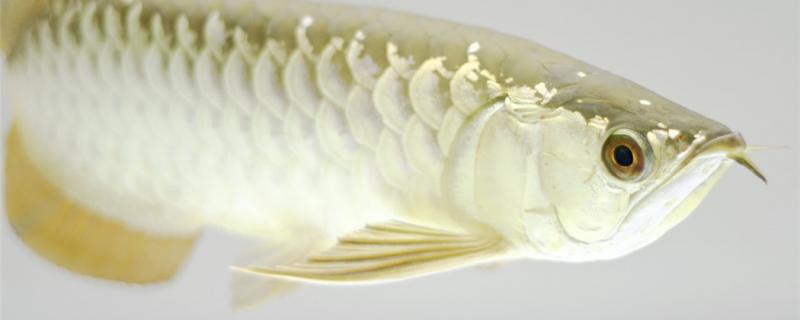 1. How to feed Arowana
1. How to feed Arowana 1. Food: Arowana is a carnivorous animal. In the wild, it preys on some small fish, shrimp and aquatic animals as food. When artificially raised, they can be fed some small goldfish, bumper shrimp, red worms, yellow mealworms, bread worms, centipedes, lean meat and so on. When they are adults, they can also choose some better quality feed.
2, feeding amount: Arowana eats a lot, but breeders can't feed them too full, otherwise it is easy to have too much fat. Arowana in childhood can be fed to 80% satiety every time, and 70% satiety in adulthood.
3. Feeding frequency: The feeding frequency of Arowana needs to be determined according to their growth stage. Generally, it needs to be fed more frequently in childhood, because they have a high demand for food and nutrition in childhood, so it is best to feed it twice a day. In adulthood, it is necessary to reduce the feeding frequency, and feed it once every 1-2 days or 2-3 days.
4. Feeding method: Arowana belongs to upper layer fish. Breeders should choose some floating feed when feeding, or put the food on the upper layer with clips to let them eat on the water. This can prevent them from falling off their eyes and tails.
2. How to change water for Arowana1. Treat the changed water: At present, most Arowana are raised with tap water, and it needs to be exposed to the sun for 2-3 days before changing water, which can effectively remove chlorine from water. Adjust the temperature of new water to be consistent with that of old water, so as to avoid stress reaction caused by too much temperature difference.
2. Water exchange: Arowana is sensitive to environmental changes, and the amount of water exchange by breeders should not exceed one third of the total water.
3. Frequency of changing water: The frequency of changing water for Arowana does not need to be too high, but it can be changed once a week. If conditions permit, filters can be installed to reduce the number of water changes.